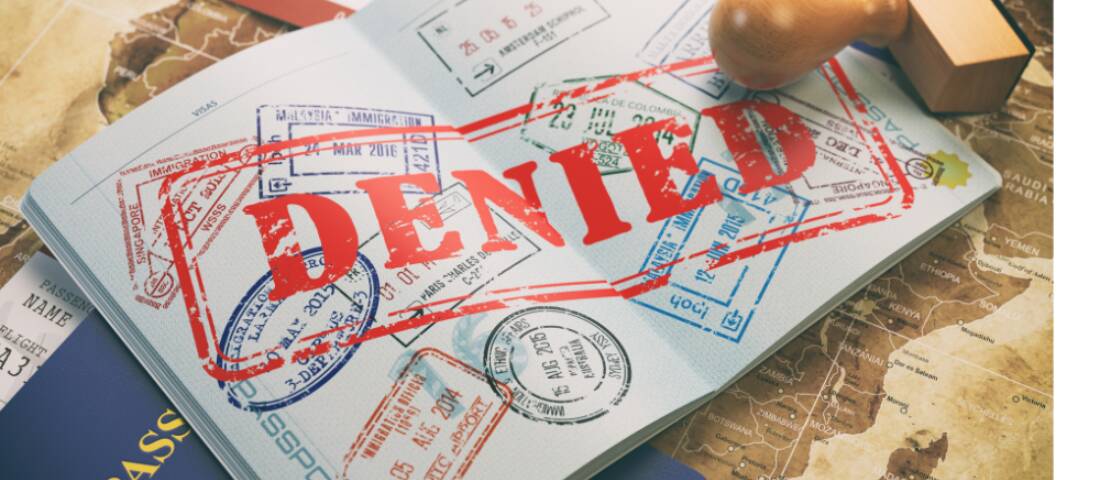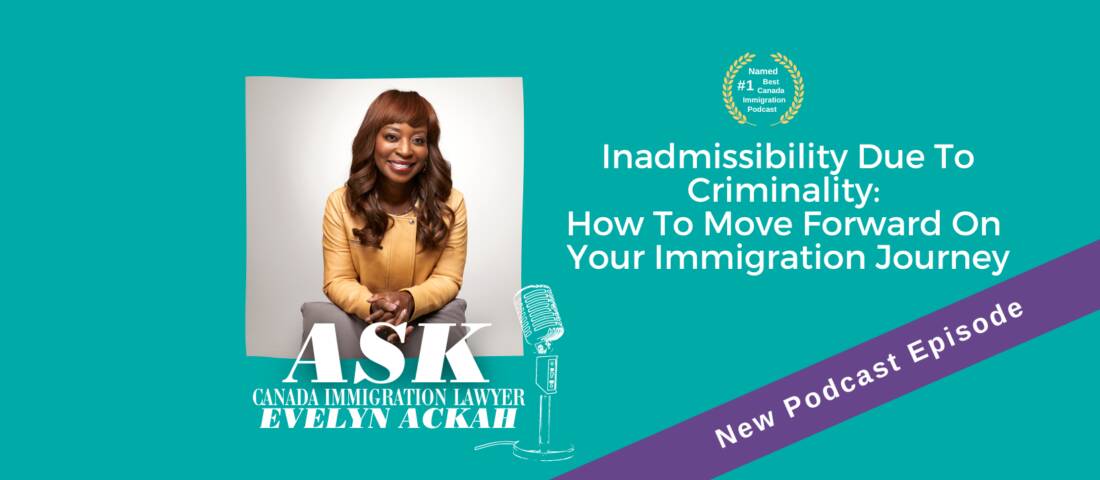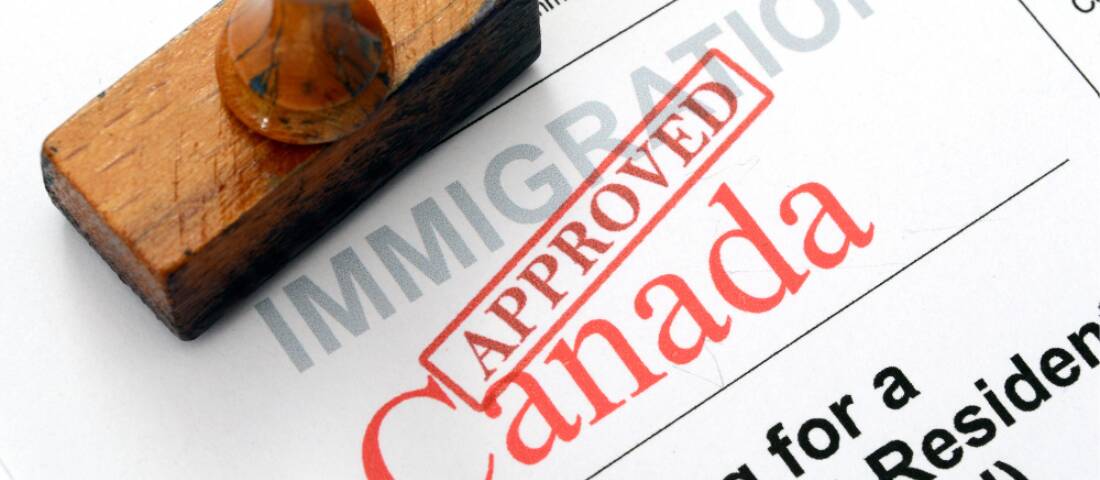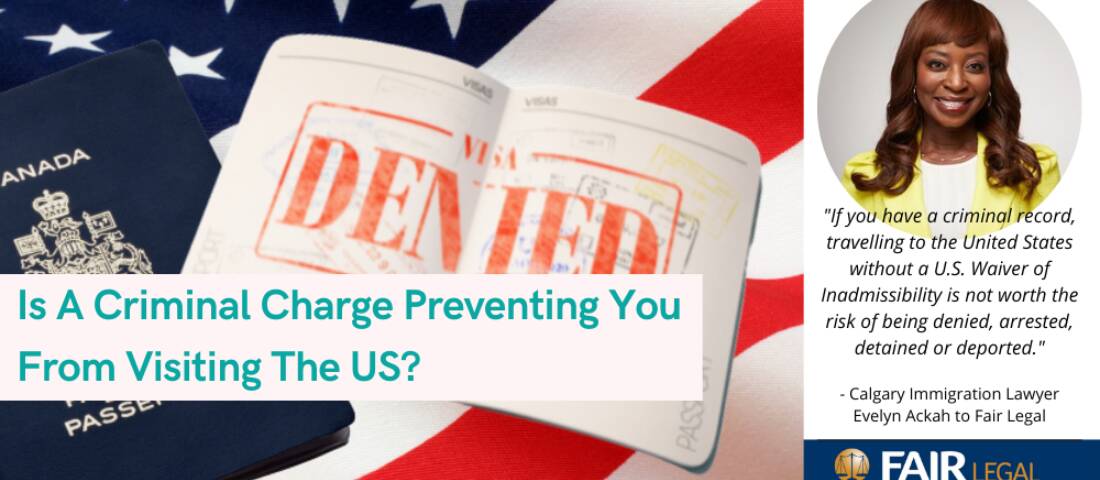Do you want to travel to the United States for work or vacation - but have a criminal charge or conviction in your past, even 30 or 40 years ago?
Today, criminal records are digital. Historically, records were on microfiche. Now, Canadian and U.S. immigration agencies are sharing electronic criminal data. As a result, your file can be flagged at the border, even if you haven't been charged yet or have not been convicted.
American Customs and Border Protection Officers have broad discretionary powers and if you present yourself at the border with a criminal record, regardless of the nature of the crime you committed, you may be refused entry and asked to submit a Waiver of Inadmissibility Application to the Department of Homeland Security before attempting to travel again.
What Is A Waiver of Inadmissibility?
A U.S. Visa Waiver of Inadmissibility can be issued for a time frame of one, two or five years depending on a number of factors, which include: the justification for requiring the waiver, the seriousness of the crimes that resulted in the inadmissibility and the amount of time that has passed since the conviction(s) occurred, etc. Where a Waiver is granted, a person can visit the United States multiple times during its duration, however, if a planned stay exceeds more than three months at one time, additional forms may need to be completed and submitted with the application.
Podcast: Overcoming Criminal Inadmissibility to Enter Canada or the United States
The process of applying for a Waiver of Inadmissibility is time and labour intensive. Details on the application process can be found by looking at the U.S. Citizenship and Immigration Services’ website under the headings “I-192 Applications for Advanced Permission to Enter as a Non-Immigrant”, “I-601, Application for Waiver of Grounds of Inadmissibility” and “I-212, Application for Permission to Reapply for Admission into the United States After Deportation or Removal”. The application process can take up to a year and there is an application fee attached to each application regardless of whether or not you are successful.
Within the Canadian immigration system, the standards that such applications are held to is extremely high and an incorrectly completed form or missing document could result in an entire application being rejected. For this reason, you should seek the assistance of a qualified U.S. immigration attorney to assist you through the application process.






